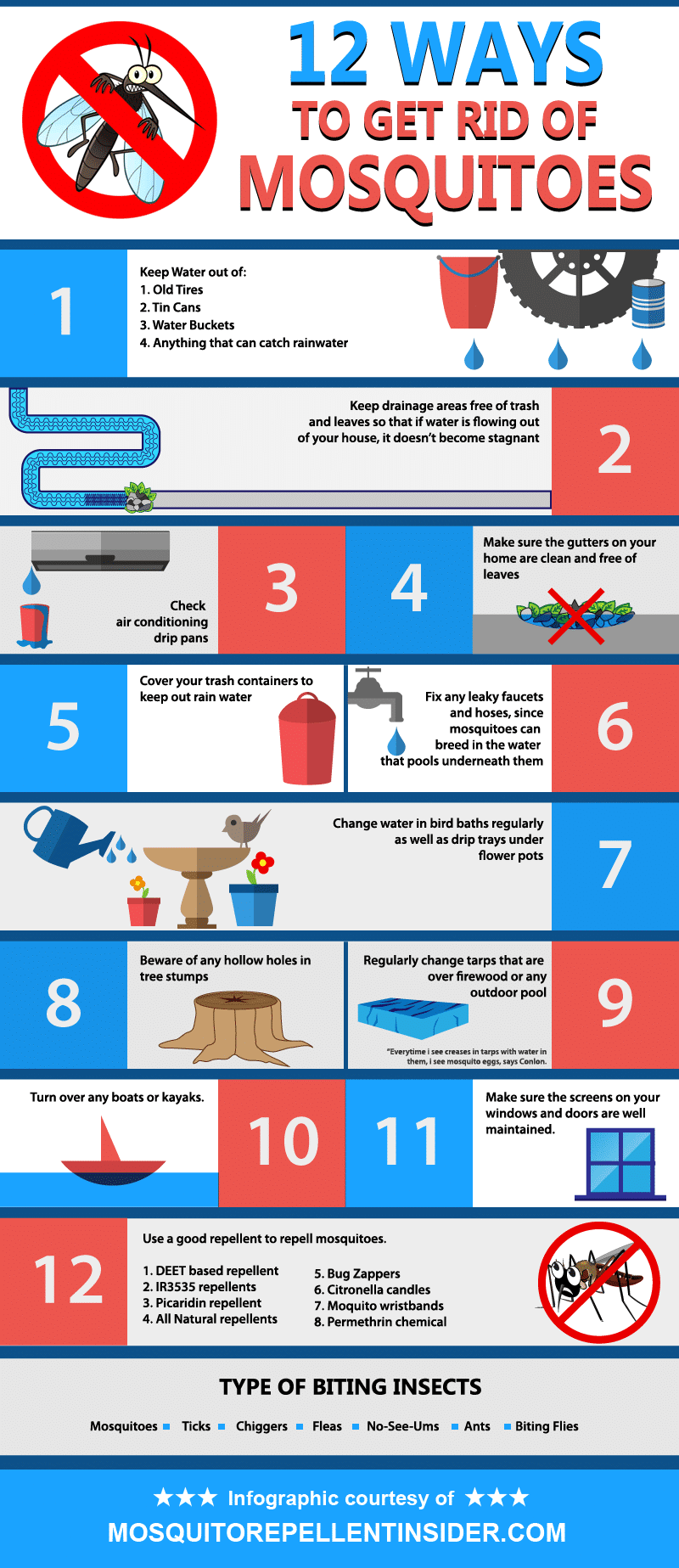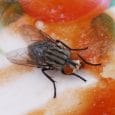Now more than ever, protecting yourself from mosquitoes at home is just as important as when you are away on vacation or camping, or anywhere but home. One thing that many people do not realize is, studies show that people get the majority of their bites while at home and right in their own back yard! So, while we can always make sure we have our favorite repellent handy, you can help your repellent work so much better by limiting the flying, biting bug invasion occurring in the majority of backyards across the country.
Now, it doesn’t take a rocket scientist to figure out what steps to take to help reduce the mosquito population around your home. And since mosquitoes require water to lay their eggs, simply eliminating all outside water sources should do the trick right? Well, Kind of.
You see, most people are unaware of all of the hiding spots where stagnant water may be found. Many of these hidden breeding areas are more or less out of sight to most homeowners, so often times they go overlooked. But not for the mosquitoes! As a matter of fact, mosquitos only need the equivalent of 1 oz. of water to start a colony. So, diligence is key here in locating all stale water spots that are inconspicuous to most home owners.
What are the 12 Ways to Get Rid of Mosquitoes?
Without further ado, we would like to present you with the ‘12 Ways to Get Rid of Mosquitoes’ infographic for use as a template to help keep mosquito breeding at bay. And, as you will see in this infographic, locating stagnant water sources can be easy and coupled with the application of the right repellent to deter specific biting insects makes for a formidable, anti-mosquito knock-out plan.

>>READ MORE: Top 5 Mosquito Repellents On the Market
How to Prevent Mosquito Breeding around your home or business
1) Eliminate standing water around your home.
Mosquitoes require water to lay their eggs and multiply. By regularly patrolling your home and yard perimeter, and grounds, you can drastically reduce the localized mosquito population and encourage bugs to find alternative breeding areas. Basically, the less standing water you have around your home, the better. So, eliminate standing water around your home and property by regularly checking and emptying the following:
- Old tires
- Tin cans
- Water buckets
- Children’s toys
- Empty flower pots
- Anything that can catch rainwater
2) French drains and drainage areas holding water.
While a little more involved to maintain, keeping rainwater from building-up in French drains and drainage areas is well worth the effort. These areas, as well as clogs and bows in French drains, can be a major repopulation site for flying insects and mosquitoes. So, correct any imperfections so as to prevent such buildup – even if it means hiring out the job.
3) AC units can be a problem zone.
Check air conditioner drip pans and keep a watch on any water softener systems that drain outside. Also, if your sump-pump drains on the ground, check the grading around that area to assure water is not pooling. Lastly, leaky septic tank lids or drainfield line areas can also serve as a breeding ground for mosquitoes.
4) Saggy gutters = mosquito larvae.
Inspect and assure that your home’s gutter system does not have and ‘sagging’ areas where water may pool and sit stagnant. Sometimes, leaves or branches can cause blockages which allow water to collect, creating the perfect condition for mosquito egg laying.
5) Uncovered waste pails are hot spots for mosquito reproduction.
Cover any garbage cans or any type of pail or bucket that can allow water to collect. Mosquitoes require a very small amount of water in order to lay their eggs so make sure any receptacle that can collect water is emptied frequently.
6) Fix any slow leaks or drips.
Along with gutter and outside floor drain inspection, check for leaking garden hoses or outside faucets that have a tendency to collect water under them. If you live in an area with a fair amount of clay soil, slow dripping leaks can accumulate fast and will not permeate into the ground as fast as those areas with sandy loam type soils.
7) Outdoor baths attract more than just beautiful birds.
Keep an eye on bird baths and other ornamental features in your yard and change them out regularly. Hummingbird feeders can also attract mosquitoes as well, and don’t forget to check flower pot drip trays – another hidden water collection zone.
8) Wood stored outdoors attracts all sorts of mosquitoes.
Check for holes in old tree stumps that might collect water. Even in living trees, sometimes areas where branches once existed, but fell off, can leave a cavity in the tree where moisture can collect. Also, wood piles are highly desirable to mosquitoes so keep and outside timber nice and dry.
9) Tighten tarps and keep them dry.
Beware of tarps or any form of outside vinyl sheeting. Pool covers, boat covers, car covers and other types of weather protection can form areas where water can sit. So, check them regularly to eliminate another favorite mosquito spot.
10) After your outdoor adventure, remember to properly store your gear.
Turn over any boats, canoes or kayaks as these tend to collect water. And remember to inspect outside furniture and any children’s toys as these too are excellent incubation areas for mosquito larvae.
11) Home inspection goes a long way.
A good practice is to inspect your entire home for areas where mosquitoes might be able to get in. Meaning, check screens for holes and look for any cracks in your homes foundation for entry points. Mosquitoes are very small and most of them can slip into a 1/16th of an inch crack! So, check your exterior well.
12) Mosquito repellent sprays and bug zappers.
Make use of outdoor yard bug zappers and personal repellents when outside during mosquito season. Many companies produce various devices which have the ability to help ward off mosquitoes regardless of yard size. And, don’t forget a personal repellent for you, your family and even pet’s. The best mosquito repellents will provide excellent protection for several hours, and with advances in preservation technology, highly effective organic and all natural mosquito repellents are now readily available.
Lastly, always be sure to personally protect yourself using an effective insect repellent to keep any stray mosquitoes from you and your family. I’ll admit, with so many different brands and chemicals on the market, sometimes finding a perfect (and safe) spray for your lifestyle can be dreadfully confusing. But never fear! I have compiled a list of really wonderful repellents that have a great reputation for keeping little flying critters far, far away. So, take a peek at my list of the best all natural mosquito repellents and maybe you’ll find one that is just right for your needs!
So, stay safe and remember to share this page so that others can stay safe too!



